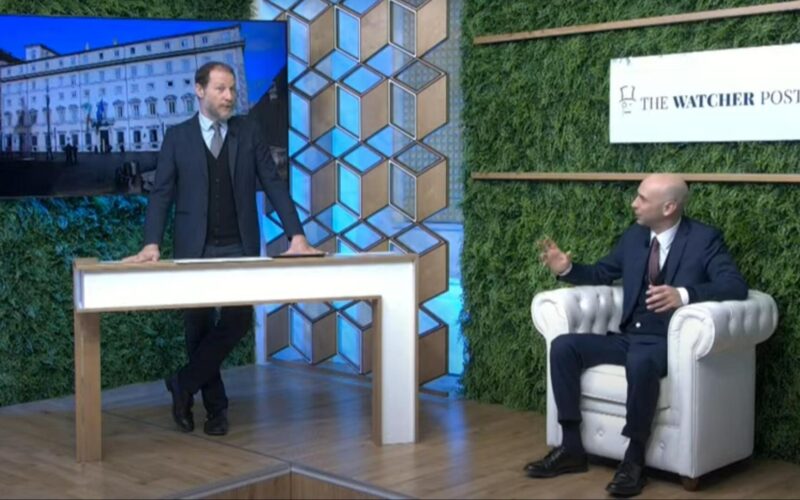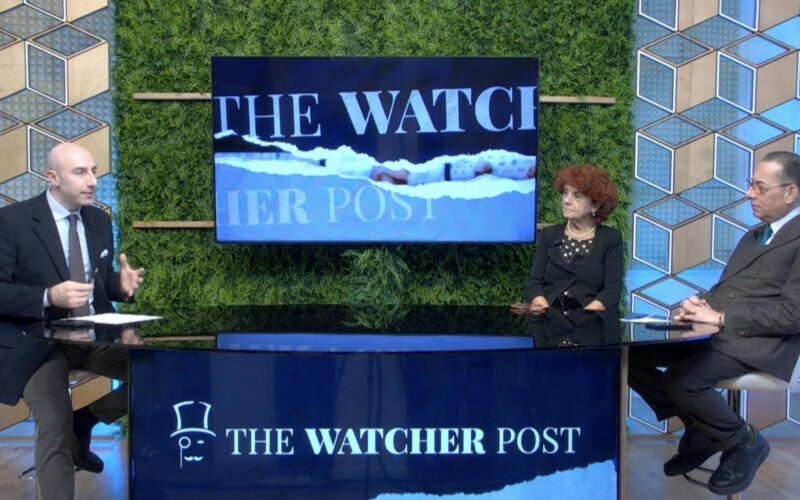Place Lux
EU leaders convene amidst global uncertainty: Middle East, Ukraine ad EU budget in focus
Di Redazione
In response to the mounting global instability and security concerns, this month’s European Council convened for the third time, on Thursday 26 and Friday 27 October, marking an extraordinary departure from its usual monthly schedule. The urgency of recent international developments necessitated these additional meetings, emphasizing the gravity of the situation faced by European Union (EU) leaders.
During the two-day summit, held in parallel with the Euro Summit, heads of state and government discussed a range of critical issues. At the forefront of their discussions was the escalating situation in the Middle East, and the EU’s unwavering support for Ukraine in the face of Russia’s war of aggression. The summit also addressed the EU’s long-term budget and economic matters, as well as migration and internal security issues.
Building upon the previous extraordinary video conference meeting convened on October 15th, on the first day of the summit, EU leaders adopted conclusions regarding the Middle East. These reiterated the condemnation of Hamas attacks and affirmed Israel’s right to self-defense, in line with international law and humanitarian principles. Additionally, they called for the swift, safe, and unimpeded delivery of humanitarian aid, even suggesting the creation of humanitarian corridors. This call resonates with statements from U.N. Secretary-General António Guterres and U.S. Secretary of State Antony Blinken.
The EU remains committed to avoiding regional escalation and engaging with partners, including the Palestinian Authority, and to revitalizing the political process based on a two-state solution. It also supports diplomatic peace initiatives and the convening of an international peace conference in the near future.
On the same day, leaders addressed the revision of the Multiannual Financial Framework 2021-2027 (MFF). The EU has faced unprecedented challenges, from Russia’s aggression in Ukraine to inflation and interest rate hikes since the MFF’s adoption in 2020. In response, the Commission presented legislative proposals in June 2023 to strengthen the EU budget. These proposals included the creation of a Ukraine Facility, a bolstering of the EU budget, a platform for strategic technologies in Europe (STEP), and a mechanism to cover additional costs arising from higher interest rates within the Next Generation EU recovery instrument. EU leaders called on the Council to work on this mid-term revision, with the aim of reaching a comprehensive agreement by year-end.
However, it is important to note that not all member states view the MFF revision favorably, especially regarding the possibility of increasing countries’ contributions. Ireland’s Public Expenditure Minister, Paschal Donohoe, who also serves as the Eurogroup president, expressed reservations about raising contributions, citing the country’s commitment to a minimum corporate tax rate of 15 percent as part of the OECD’s international taxation reform. The second day of the summit saw continued discussions on the EU budget, as well as ongoing financial, economic, humanitarian, military, and diplomatic support for Ukraine. EU leaders reaffirmed their commitments to contributing to Ukraine’s long-term security, despite initial doubts expressed by some member states. Hungarian Prime Minister Victor Orban had declared his opposition to extending new financial support to Ukraine before the meeting. Similar concerns were also expressed by the newly elected Slovak prime minister, Robert Fico, while a more moderate position was adopted by Belgian Prime Minister Alexander De Croo, who backed continued support for Ukraine but called for more efficient use of the available EU budget.
Sweden has reportedly submitted a document inviting the EU to exercise greater fiscal responsibility, showcasing the possibility of addressing pressing EU needs without requiring additional financial contributions from member countries.
According to this document, by implementing an average reduction of 4% in existing EU spending programs, notably Horizon EU, the EU’s research initiative, and NDICI, the instrument that finances EU foreign policy endeavors, the EU could generate a substantial €25 billion in savings that could effectively cover a budgetary gap in EU debt servicing expenses, estimated to range between €17 billion and €27 billion.
Additional topics on the summit’s agenda included discussions on migration and internal security, particularly in the wake of recent terrorist attacks in Belgium and France.








